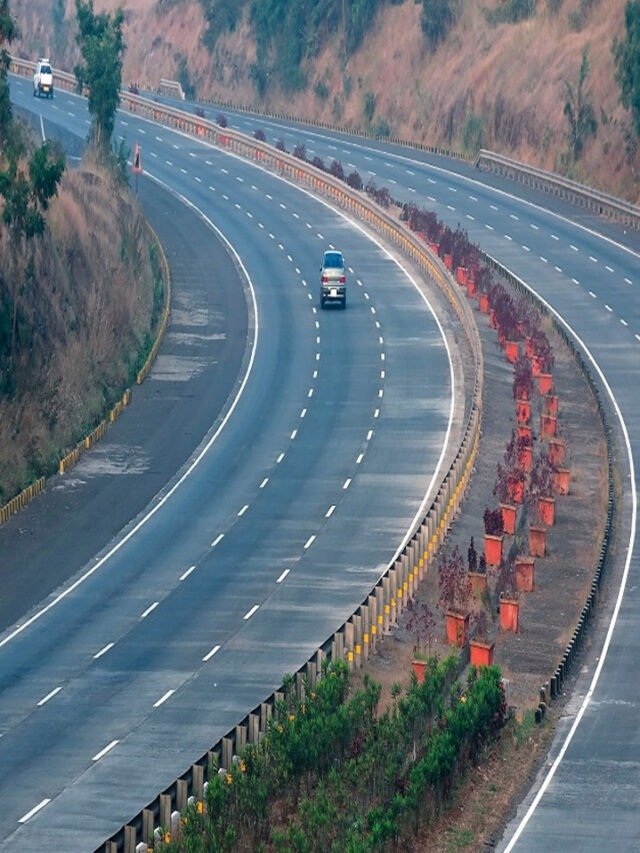BERLIN, May 3 (AP): Police arrested suspects and raided homes early on Wednesday across Germany and Italy in a massive effort to clamp down on members of the Italian ‘Ndrangheta organised crime syndicate.
In Germany, more than 1,000 officers searched dozens of homes, offices and stores in the states of Bavaria, North Rhine-Westphalia, Rhineland-Palatinate and Thuringia, prosecutors said in a joint statement.
In Italy, carabinieri police backed by helicopters served arrest warrants on 108 people who were accused, among other things, of mafia association; possession, production, and trafficking of drugs and weapons; and money laundering.
European authorities have been waging a campaign against the Calabria-based ‘Ndrangheta, arguably the world’s richest organised crime group, in recent years.
The group has exploited tens of billions of dollars in cocaine revenues over decades to extend its criminal reach across Europe and into several continents as the Sicilian Mafia lost influence.
Over 30 suspects who had outstanding warrants were arrested in Germany.
Among other things, the suspects are accused of money laundering, gang tax evasion, commercial gang fraud, and narcotics smuggling, a statement from the German state office of criminal investigation in North Rhine-Westphalia said.
The raids are part of a wider joint investigation involving Europol and also included simultaneous measures against the group across Europe, the statement said.
A press release from carabinieri in Regio Calabria, where the ‘ndrangheta is based, said arrest warrants were also served in Belgium, France, Portugal, Romania and Spain.
Press conferences in Italy and Germany were planned for later Wednesday.
In Germany, the main focus of the operation was in North Rhine-Westphalia and Rhineland-Palatinate, with around 500 officers deployed in each state.
In North Rhine-Westphalia, 51 houses, apartments, offices and business premises were searched and 15 suspects were arrested.
In Rhineland-Palatinate, police searched 50 premises and arrested 10 suspects. The task forces in Rhineland-Palatinate were supported by special units of the federal government and other states as well as customs and the tax investigation department, German news agency dpa reported.
The state interior minister of Rhineland-Palatinate, Michael Ebling, called the raids an “effective blow” against organised crime.
“Today sends out a very clear signal: There is no place for organised crime in Europe and there is certainly no place for it here with us in Rhineland-Palatinate,” he said, according to dpa.












